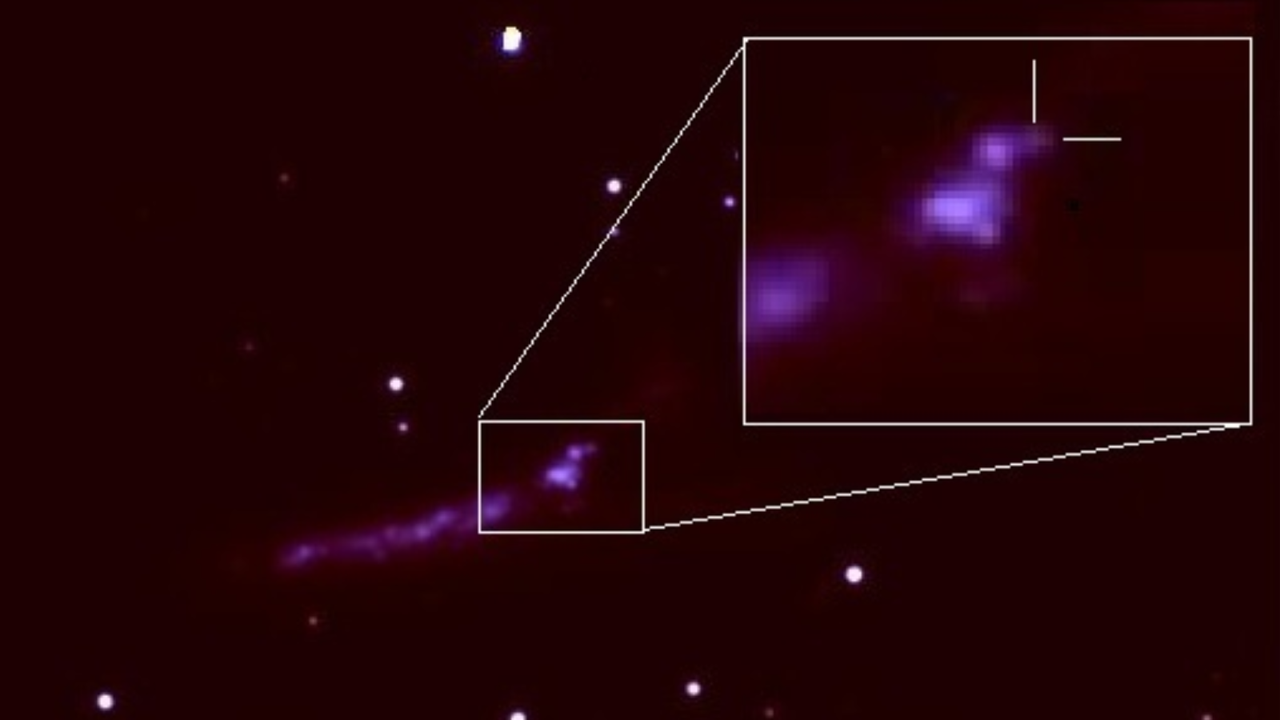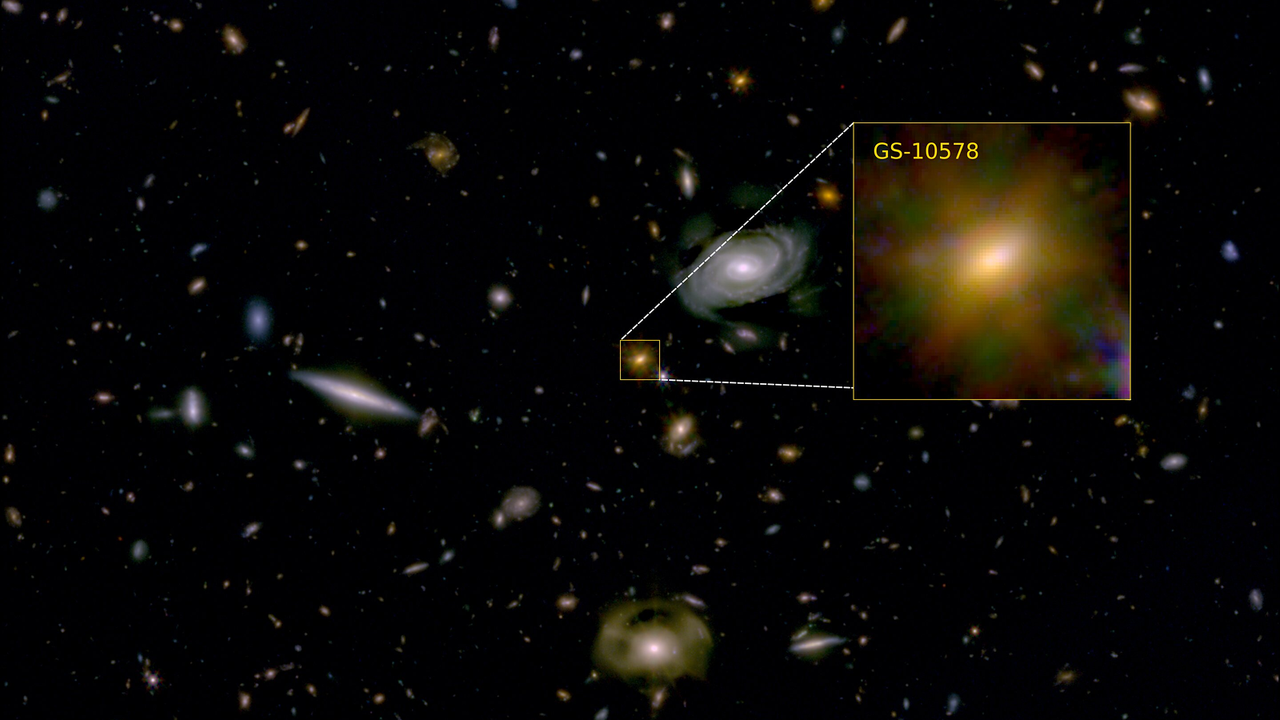How Supermassive Black Holes Can Become Cosmic Nightmares
NeutralScience
Recent studies suggest that massive eruptions from the Milky Way's supermassive black hole could have had a significant impact on the inner galaxy, potentially sterilizing large areas. This research is crucial as it helps us understand the dynamic processes of black holes and their influence on galactic evolution, shedding light on the history of our own galaxy.
— via World Pulse Now AI Editorial System

